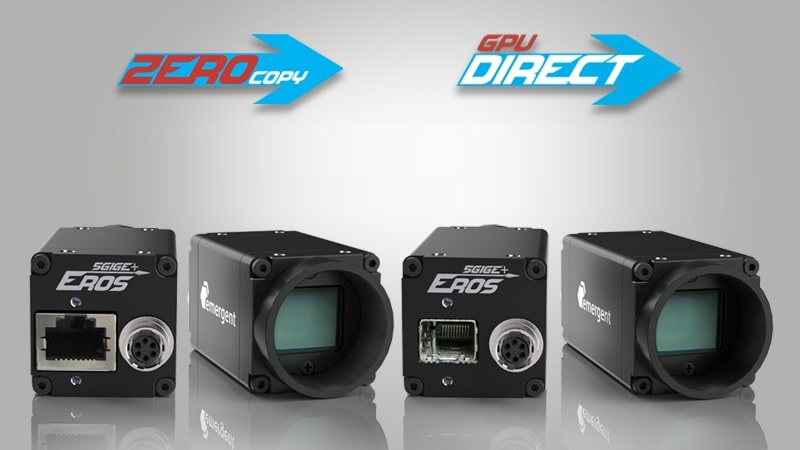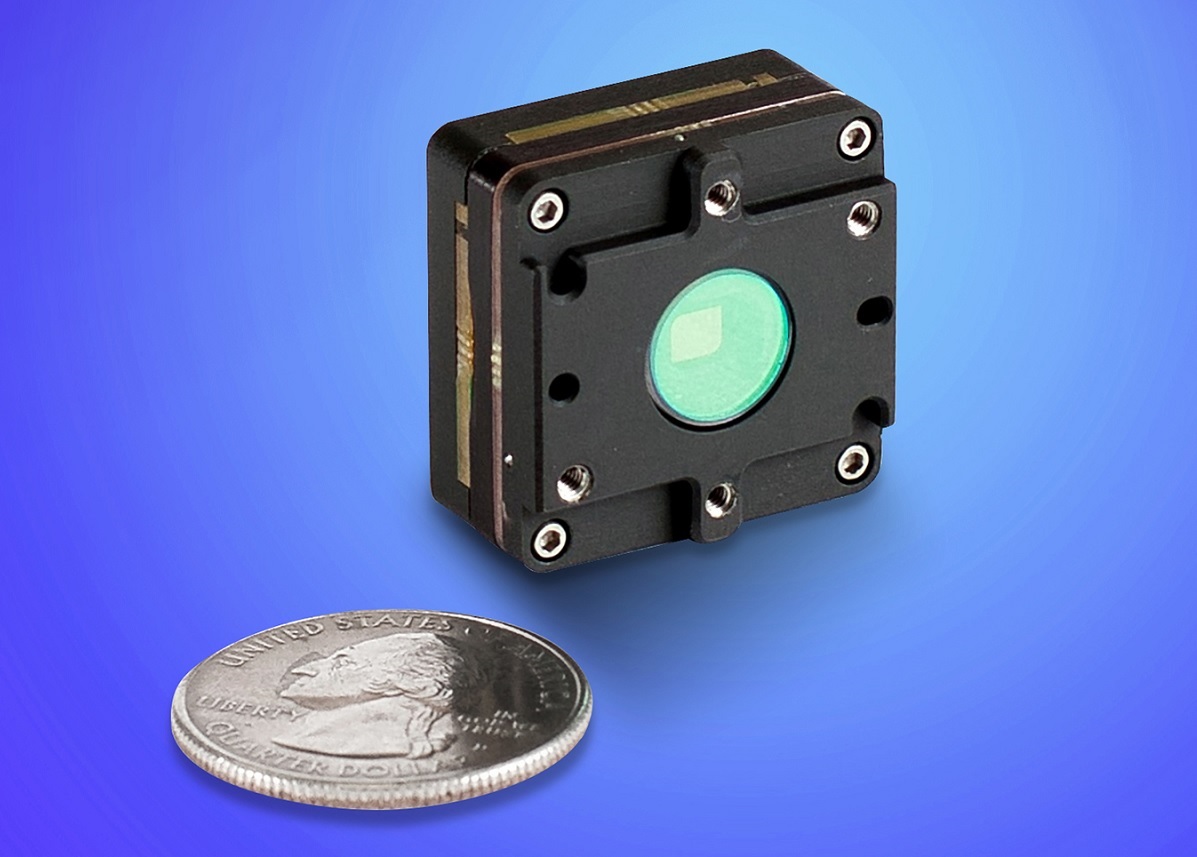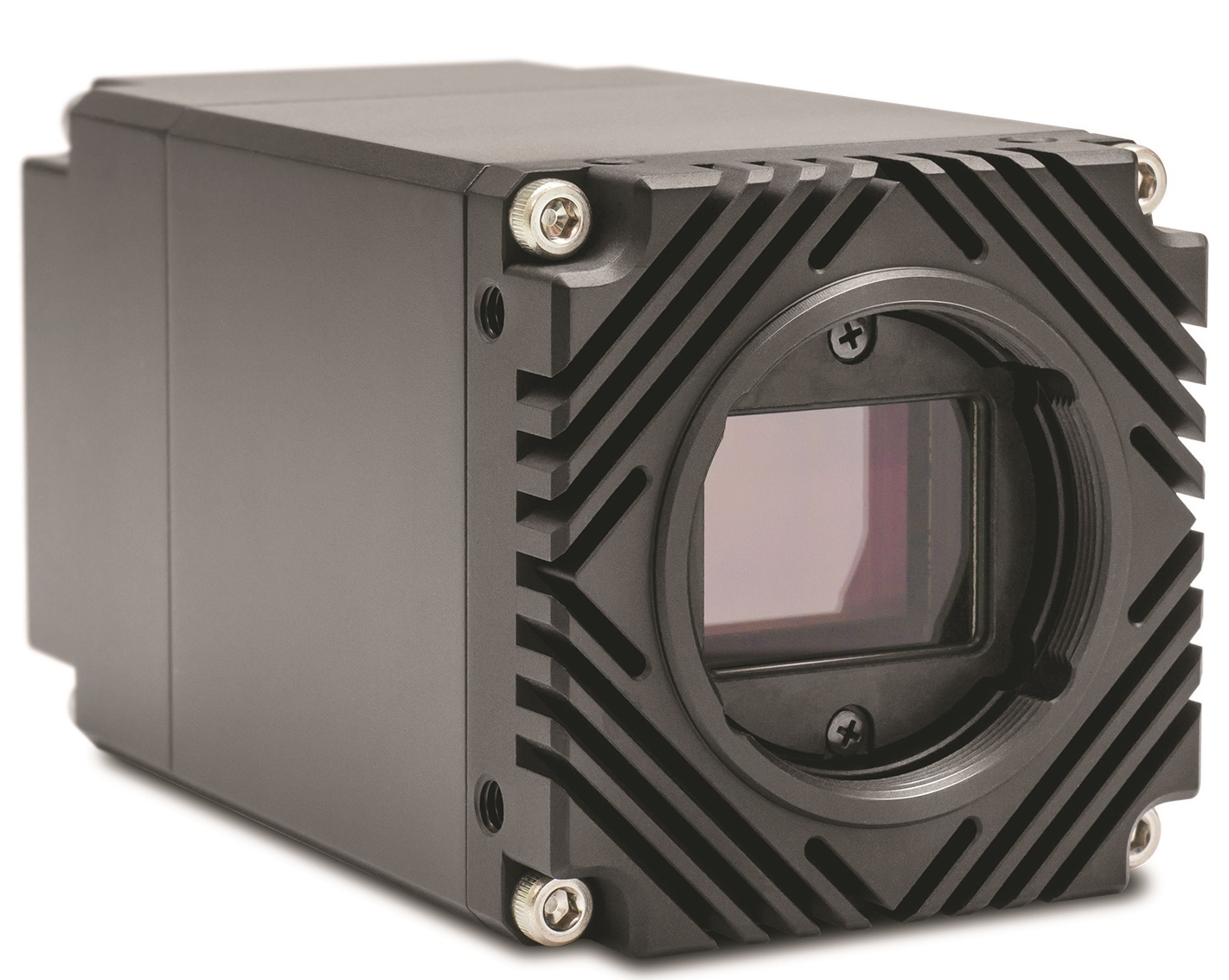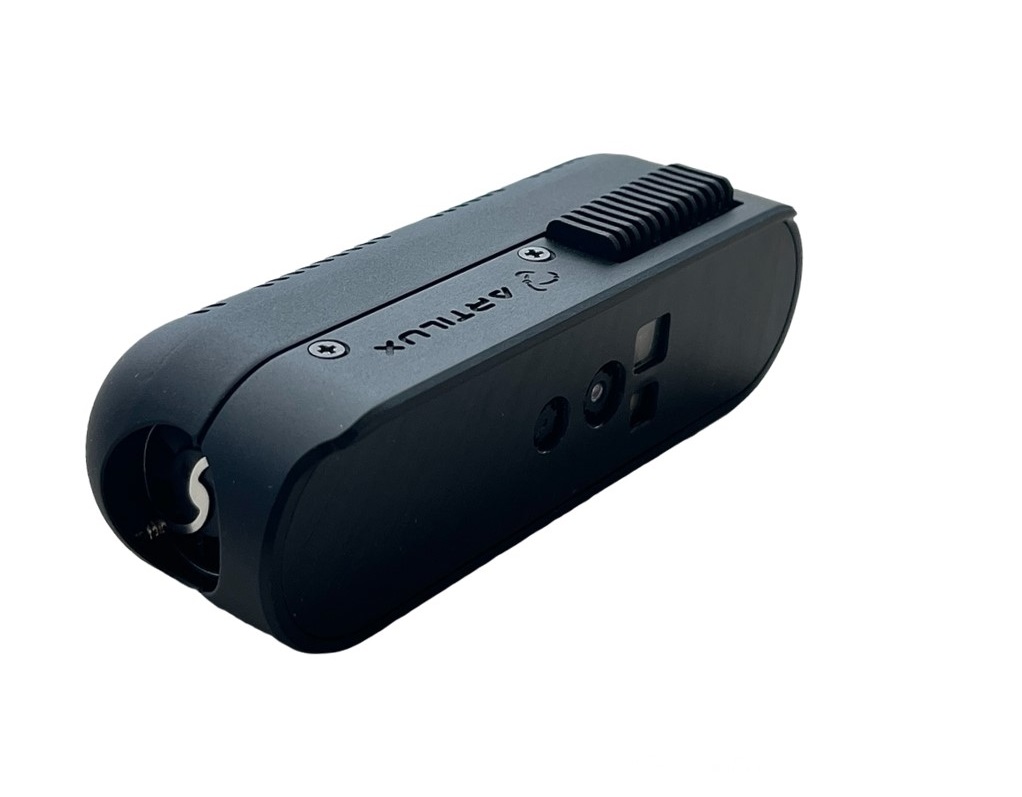PORT COQUITLAM, British Columbia — December 6, 2023 — Emergent Vision Technologies, a pioneer in high-speed GigE Vision cameras and zero-data-loss vision technologies, announces the launch of the Eros camera series, which will support 5GigE, 2.5GigE and 1GigE speeds through auto-negotiation.
Eros cameras will feature many of the latest Sony Pregius CMOS image sensors offered in Emergent’s 10GigE and 25GigE cameras, but in lower speed, lower cost, and smaller-sized camera options. At the same time, the cameras will still support Emergent’s zero-copy imaging approach, which refers to the use of built-in header splitting features in network interface cards (NICs) to perform zero-copy image transfer. Eros cameras, according to John Ilett, president and CTO of Emergent Vision Technologies, address the gap that exists in the market today when it comes to zero-copy imaging, which is a must-have requirement for achieving top performance in lower speed multi-camera configurations today.
“RDMA and RDMA over Converged Ethernet v2 (RoCE v2) support zero-copy transfer, but require more FPGA resources to implement, which is more costly than the mature, lightweight GigE Vision Streaming Protocol that Emergent supports,” he says. “As a result, many manufacturers are not supporting RoCE v2 in cameras below 10GigE, but Eros cameras address this lack of support by delivering zero-copy imaging performance for some of the most challenging lower speed multi-camera machine vision applications today.”
Sony SWIR and Polarized Sensor Options
For applications where imaging beyond the visible is necessary, such as food and beverage inspection, agricultural imaging, or semiconductor and electronics inspection, Eros cameras will offer models based on Sony’s SenSWIR CMOS image sensors, which are designed to capture images in the SWIR range (400 to 1700 nm), which is beyond the capabilities of standard RGB sensors. With Sony’s new sensors, Eros cameras will be able to detect materials and substances invisible to the naked eye, opening a plethora of imaging possibilities in various fields. The following SWIR models will be available in 2024: HE-300-S-I (0.33MP IMX991, 260fps), HE-1300-S-I (1.31MP Sony IMX990, 135fps), HE-3200-S-I (3.14MP Sony IMX993, 170fps), and the HE-5300-S-I (5.24MP Sony IMX992, 130fps).
For applications where inspecting shiny or reflective surfaces is necessary, the Eros series also features a polarized camera option based on the 5MP Sony IMX250MZR (mono) and IMX250MYR (color) Polarsens CMOS sensor. Polarsens CMOS sensors feature tiny wire-grid polarizers over every lens and have 0°, 45°, 90°, and 135° polarization angles in four-pixel groups that equate to one pixel of output. These sensors can separate reflected and transmitted scenes, which proves useful in detecting surface defects like dirt, bumps, dips, scratches, and bends when inspecting shiny objects.
“Not every high-speed imaging application needs a camera interface of 10GigE or higher, but all applications do require reliable image transmission with no dropped packets or frames, which is what Eros and all other Emergent cameras bring to the table,” said Ilett.













